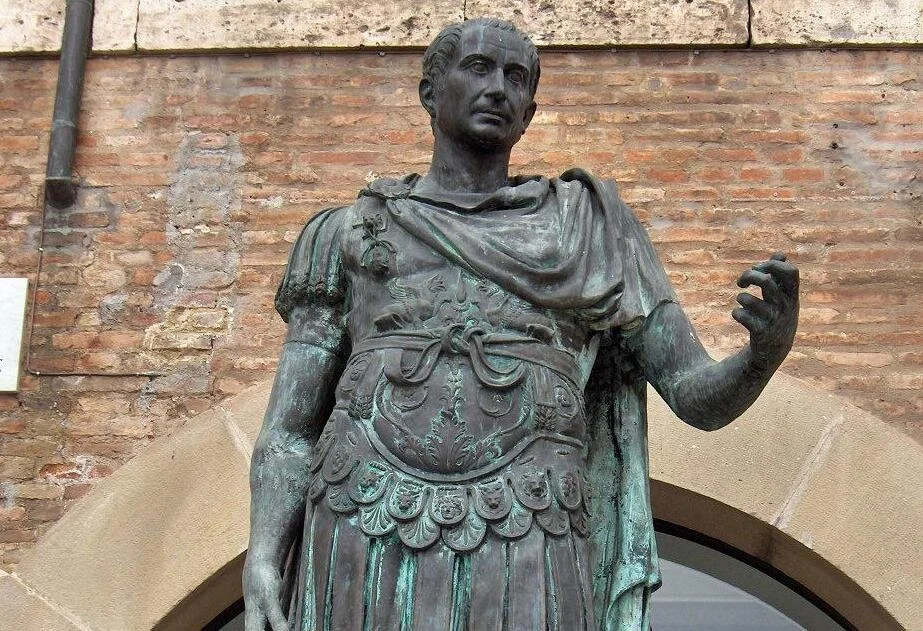What Makes Empires Die (and why we’re up next)
Image: Georges Jansoone for Wikimedia Commons
Okay, here’s a quick digression from my usual comments on writing, writers, books, and all that good stuff. But like many of us, I feel my future suspended in time, more uncertain than I’ve ever felt it before. The pandemic. The economy. The rise of the Right worldwide. The utter chaos that is the American government and arguably the end of the American Empire. It’s all very scary.
And so I’ve taken refuge in the past. After all, I studied history; I write about history; so it makes sense that I’ve turned to history to evaluate just what kind of trouble we’re in.
What can other empires teach us about what may happen over the next few years? Let’s take a look at a few of them:
Persia:
Alexander the Great may well have conquered this empire, but in reality, Persian taxes had become heavier and more oppressive, leading to economic depression and revolts (and therefore, cyclically, to more of both). Kings and officials hoarded riches, keeping them out of circulation and constraining the markets. By the time Alexander came along, Persia was a shell of an empire and relatively easy to defeat
Spain:
In 1556, Philip II inherited Europe’s wealthiest nation; by 1598 it was bankrupt. What happened? Mostly because of inflation caused by a 430% increase in taxes on ordinary citizens (the ruling elite were exempt); wages couldn’t keep pace with a 400% increase in the price of goods. For sure, Spain had a flood of gold coming in from its conquests in America, but it all went to finance Philip’s ongoing wars. Spain declared bankruptcy. Even as his empire collapsed, Philip kept doing what he was doing, increasing his autocracy as the empire slid into collapse. (Sound familiar?)
Tang Dynasty:
Expansion-based warfare demanded increases in taxation, leading to revolts and resulting in an abrupt decrease in food output—and further taxes. Finally, as economic deterioration and oppression of the citizenry worsened, residents left in droves and settled elsewhere.
Rome:
Expansion and occupation of far-flung lands, a source of both taxation and slave labor, became too much of a financial burden on the empire. The currency was debased, various emperors raided imperial coffers for their own gain, and inflation ran rampant. Rich and propertied classes evaded taxation and forced a highly regressive tax system on the middle-class and the poor.
Present-Day Empires:
Again, the events above are remarkably consistent with the decline of other empires—and with what we’re seeing today. The same events occur, falling more or less in order, in any empire, in any age:
The reach of government leaders exceeds their grasp.
Dramatic expansion (physical and/or economic) is undertaken without a clear plan as to how it’s to be financed.
The population is overtaxed without consideration as to whether it can afford increased taxation.
Heavy taxation causes investment by the private sector to diminish, and the economy begins to decline.
Costs of goods rise, without wages keeping pace.
Tax revenue declines as the economy declines, so taxes are increased again, in order to top up government revenues.
Government leaders personally hoard as much as they can, further limiting the circulation of wealth in the business community.
Dramatic authoritarian control is instituted to ensure the public continues to comply with demands (even when those demands cannot be met).
Economic and social collapse occurs, often marked by unrest and riots, the collapse of the economy, and the exit of those who are productive.
In this final period, the empire turns on itself, treating its people as the enemy.
The real lesson here is this: leaders of empires always believe themselves to be above history and that they, uniquely, will succeed.
So what do we do? The United States under Donald Trump (and he did not create the empire, but has mismanaged it to the point of accelerating its decline) is essentially a “dead empire walking;” it’s all but impossible to return to a healthier point in the trajectory.
I don’t have an answer, by the way; I’m just asking the question. No doubt over the next few years we’ll see an exodus of those who have the means and opportunity to flee elsewhere, leaving the most vulnerable behind to bear the brunt of the empire’s fall. That’s possibly even more depressing than chronicling he steps it took to get here.
Please tell me I’m wrong.
(But I’m not.)

